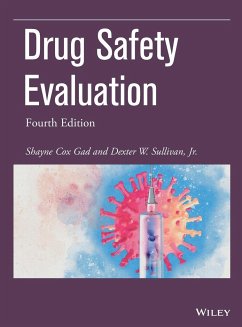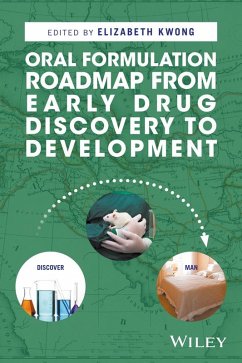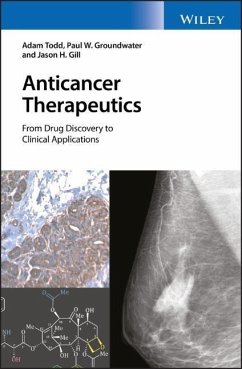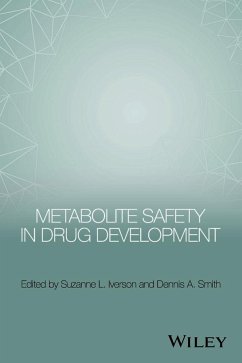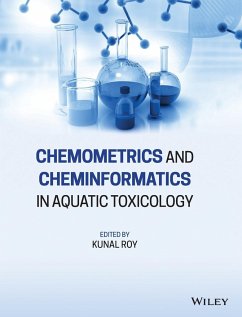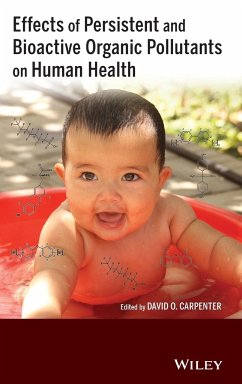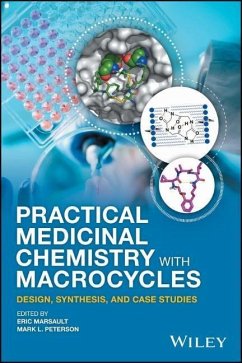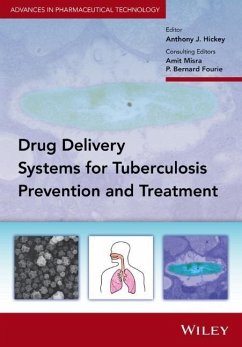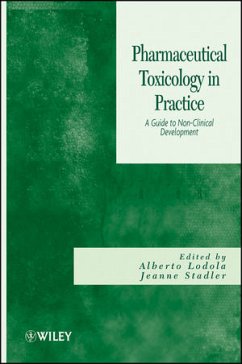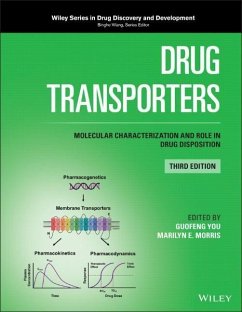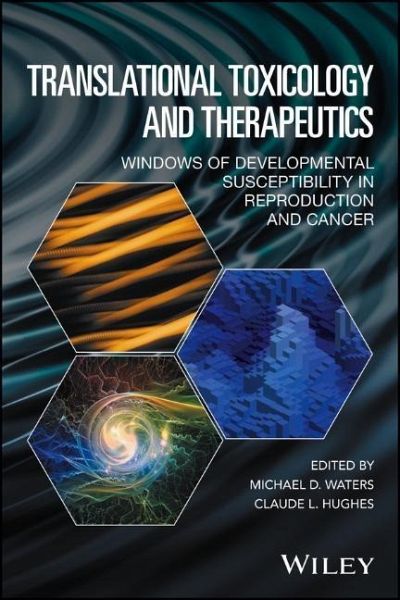
Translational Toxicology and Therapeutics
Windows of Developmental Susceptibility in Reproduction and Cancer
Herausgegeben: Waters, Michael D.; Hughes, Claude L.
Versandkostenfrei!
Versandfertig in über 4 Wochen
227,99 €
inkl. MwSt.
Weitere Ausgaben:

PAYBACK Punkte
114 °P sammeln!
Dieses Fachbuch verbindet die Disziplinen Toxikologie und Therapeutika. Dabei werden die Belastung durch toxische Stoffe und genetische Mechanismen in Bezug zu Gesundheit und Entwicklung des Menschen gesetzt. Die Kapitel erläutern spezifische Zell- und molekulare Targets bekannter toxischer Stoffe, zeigen einen systematischen Ansatz zur Erkennung mutagener und reproduktionstoxischer Stoffe und erläutern therapeutische Ansätze, um Krebsrisiken zu senken. Die Publikation unterstützt die Entwicklung von Tiermodellen und Tests zur Bewertung toxischer Wirkungen auf die menschliche Gesundheit, v...
Dieses Fachbuch verbindet die Disziplinen Toxikologie und Therapeutika. Dabei werden die Belastung durch toxische Stoffe und genetische Mechanismen in Bezug zu Gesundheit und Entwicklung des Menschen gesetzt. Die Kapitel erläutern spezifische Zell- und molekulare Targets bekannter toxischer Stoffe, zeigen einen systematischen Ansatz zur Erkennung mutagener und reproduktionstoxischer Stoffe und erläutern therapeutische Ansätze, um Krebsrisiken zu senken. Die Publikation unterstützt die Entwicklung von Tiermodellen und Tests zur Bewertung toxischer Wirkungen auf die menschliche Gesundheit, vor allem Mutationen und Krebserkrankungen.




